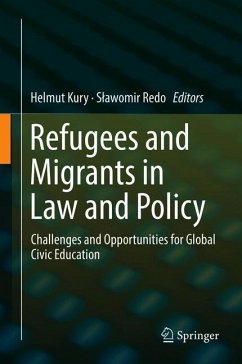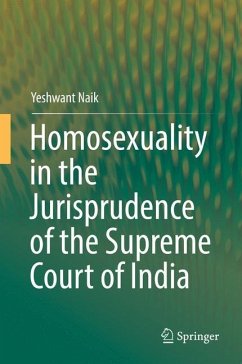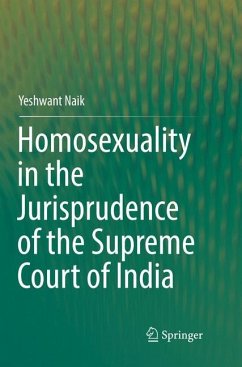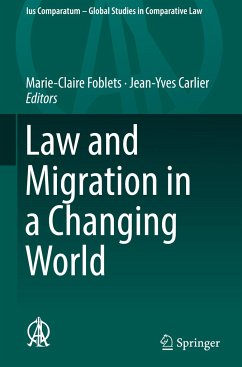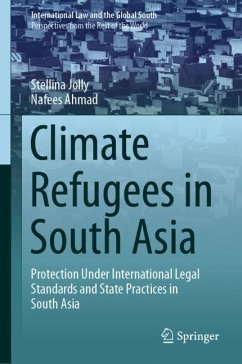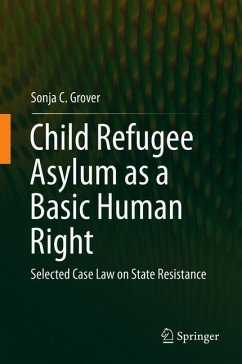
LGBTI Asylum Seekers and Refugees from a Legal and Political Perspective
Persecution, Asylum and Integration
Herausgegeben: Güler, Arzu; Shevtsova, Maryna; Venturi, Denise

PAYBACK Punkte
65 °P sammeln!
This book addresses the 'three moments' in lesbian, gay, bisexual, transgender and intersex (LGBTI) asylum seekers' and refugees' efforts to secure protection: The reasons for their flight, the Refugee Status Determination process, and their integration into the host community once they are recognized refugee status.The first part discusses one of the most under-researched areas within the literature devoted to asylum claims based on sexual orientation and gender identity, namely the reasons behind LGBTI persons' flight. It investigates the motives that drive LGBTI persons to leave their count...
This book addresses the 'three moments' in lesbian, gay, bisexual, transgender and intersex (LGBTI) asylum seekers' and refugees' efforts to secure protection: The reasons for their flight, the Refugee Status Determination process, and their integration into the host community once they are recognized refugee status.The first part discusses one of the most under-researched areas within the literature devoted to asylum claims based on sexual orientation and gender identity, namely the reasons behind LGBTI persons' flight. It investigates the motives that drive LGBTI persons to leave their countries of origin and seek sanctuary elsewhere, the actors of persecution, and the status quo of LGBTI rights. Accordingly, an intersectional approach is employed so as to offer a comprehensive picture of how a host of factors beyond sexual orientation/gender identity impact this crucial first stage of LGBTI asylum seekers' journey.In turn, the second part explores the challenges that LGBTI asylum seekers face during the RSD process in countries of asylum. It first examines these countries' interpretations and applications of the process in relation to the relevant UNHCR guidelines and questions the challenges including the dominance of Western conceptions and narratives of sexual identity in the asylum procedure, heterogeneous treatment concerning the definition of a particular social group, and the difficulties related to assessing one's sexual orientation within the asylum procedure. It subsequently addresses the reasons for and potential solutions to these challenges.The last part of the book focuses on the integration of LGBTI refugees into the countries of asylum. It first seeks to identify and describe the protection gaps that LGBTI refugees are currently experiencing, before turning to the reasons and potential remedies for them.



